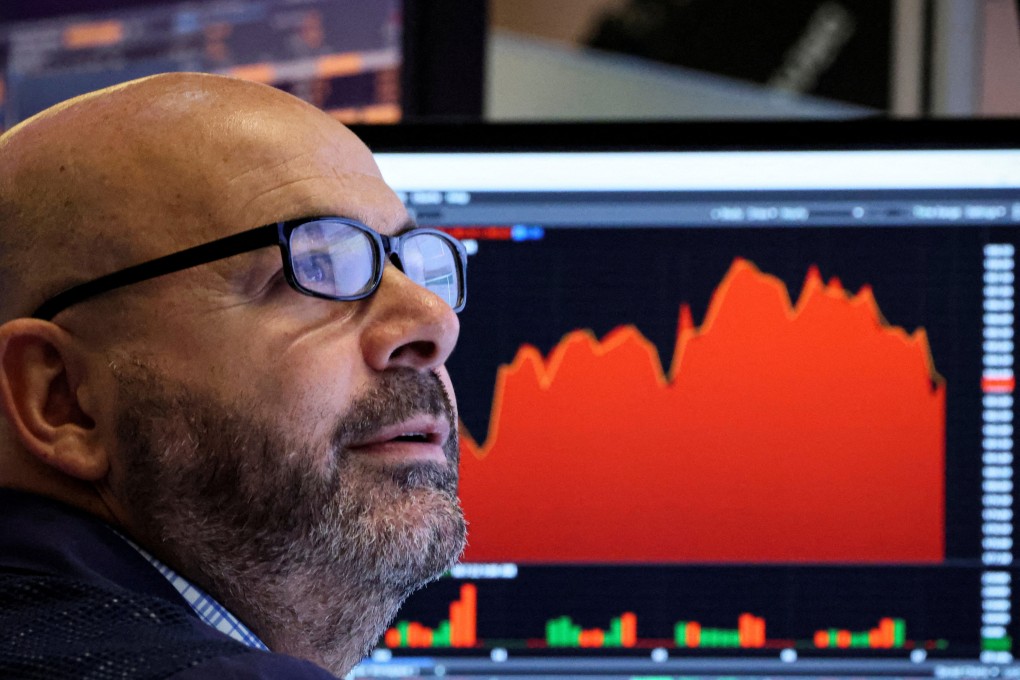Advertisement
Macroscope | Higher interest rates are still likely despite weak demand and weak growth prospects
- The commitment of policymakers at major central banks to reducing inflation even if it drags down growth suggests another lacklustre year ahead
- Cooling consumer demand and business investment are also fuelling a weaker growth outlook, but a pivot to looser monetary policy looks unlikely
Reading Time:3 minutes
Why you can trust SCMP
1

Global equity markets have been nothing if not volatile in recent months. September lived up to its reputation of being a bad month for equity market returns historically. The S&P 500 index slumped 9.3 per cent in September, the worst monthly return since the Covid-19 pandemic hit the United States in March 2020.
Advertisement
October kicked off with a significant rally in stocks fuelled by speculation that central banks could soon ease up on their interest rate increases. However, that enthusiasm quickly reversed as hopes for a dovish policy pivot faded amid hawkish rhetoric from US Federal Reserve officials.
Global equities are likely to continue to face headwinds. The trade-off between growth and inflation in the global economy has deteriorated sharply in 2022. Central banks are tightening monetary policy aggressively to contain inflation.
Meanwhile, growth has already slowed under pressure from various shocks such as high energy prices. As projections from the September Federal Open Market Committee meeting make clear, interest rates will remain elevated throughout next year and policymakers are fully committed to reducing inflation even if it takes a toll on growth.
As a result, the global economy is expected to experience an extended period of sluggish growth that lasts through 2023. There is a substantial risk that the global economy slides into recession.
Advertisement
While the US and some other major economies might be able to avoid full-blown economic recessions, they will inevitably experience sharp downturns. Given that more listed companies are on the goods side of the economy, a recession in the goods sector is not a great backdrop for stocks.

Advertisement
